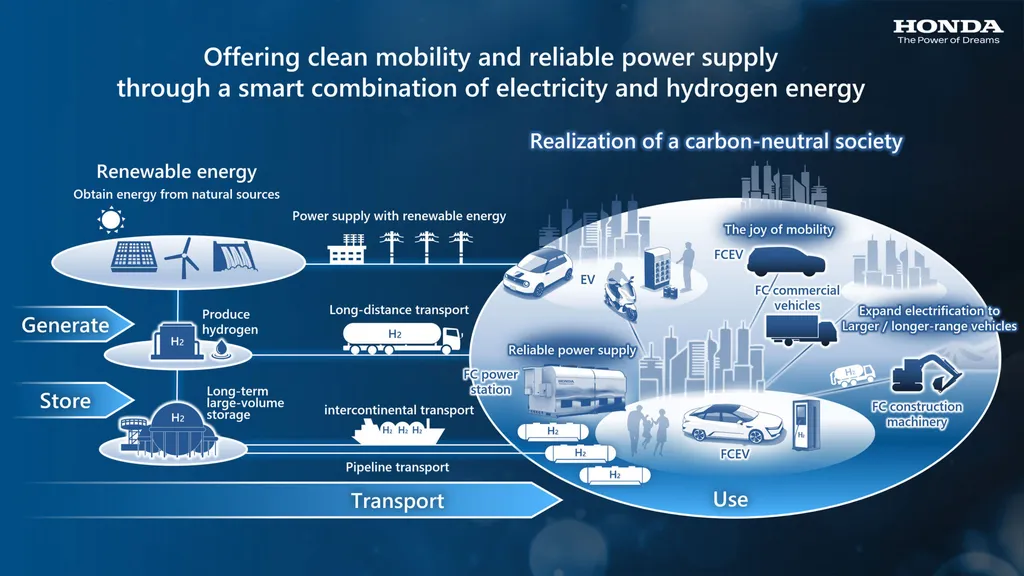In a groundbreaking development poised to revolutionize the energy sector, researchers have successfully integrated digital twin technology with hydrogen fuel cells, paving the way for smarter, more efficient, and sustainable energy solutions. This innovative approach, detailed in a recent study led by Jichao Hong from the School of Mechanical Engineering at the University of Science and Technology Beijing, promises to enhance the performance, reliability, and safety of hydrogen fuel cells while significantly reducing maintenance costs.
The study, published in the prestigious journal *Journal of Engineering Science*, explores how digital twin technology can be applied to six critical systems within hydrogen fuel cells: thermal, water, gas, durability, safety, and monitoring and control management. By creating a digital replica of the physical fuel cell, researchers can monitor its operating state in real-time, predict degradation trends, and preempt potential failures. This proactive approach allows for timely maintenance, extending the lifespan of the fuel cells and ensuring optimal performance.
“Digital twin technology provides a comprehensive and dynamic model of the hydrogen fuel cell, enabling us to simulate and analyze its behavior under various conditions,” explained Hong. “This not only improves the efficiency and reliability of the fuel cells but also offers substantial cost savings by minimizing downtime and maintenance expenses.”
The implications of this research for the energy sector are profound. As the world shifts towards greener energy alternatives, hydrogen fuel cells are emerging as a promising solution due to their high efficiency and clean energy production. The integration of digital twin technology enhances these advantages, making hydrogen fuel cells more attractive for applications in new energy vehicles and portable power systems.
“Our study demonstrates the feasibility and benefits of applying digital twin technology to hydrogen fuel cells,” Hong added. “By creating a high-precision digital twin model and integrating it with cloud computing technology, we can achieve intelligent management of the entire lifecycle of hydrogen fuel cells. This advancement supports the further development and application of fuel-cell technology, addressing existing challenges and fostering future innovations.”
The commercial impact of this research is substantial. Energy companies can leverage digital twin technology to optimize the performance of their hydrogen fuel cell systems, ensuring they operate at peak efficiency while minimizing environmental impact. This not only reduces operational costs but also enhances the competitiveness of hydrogen fuel cells in the renewable energy market.
As the world continues to seek sustainable energy solutions, the integration of digital twin technology with hydrogen fuel cells represents a significant step forward. This research not only advances the theoretical foundation of the field but also provides practical applications that can drive the rapid development and widespread adoption of hydrogen fuel-cell technology globally. With the insights and innovations presented in this study, the future of energy looks brighter and more sustainable than ever before.

